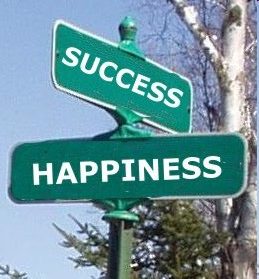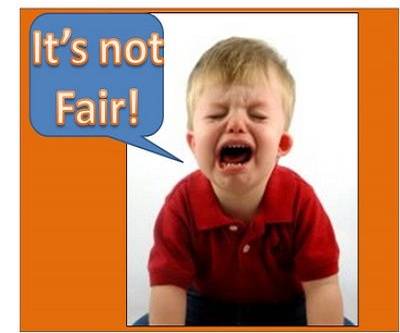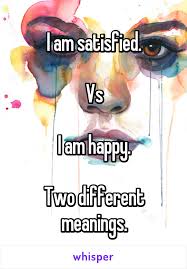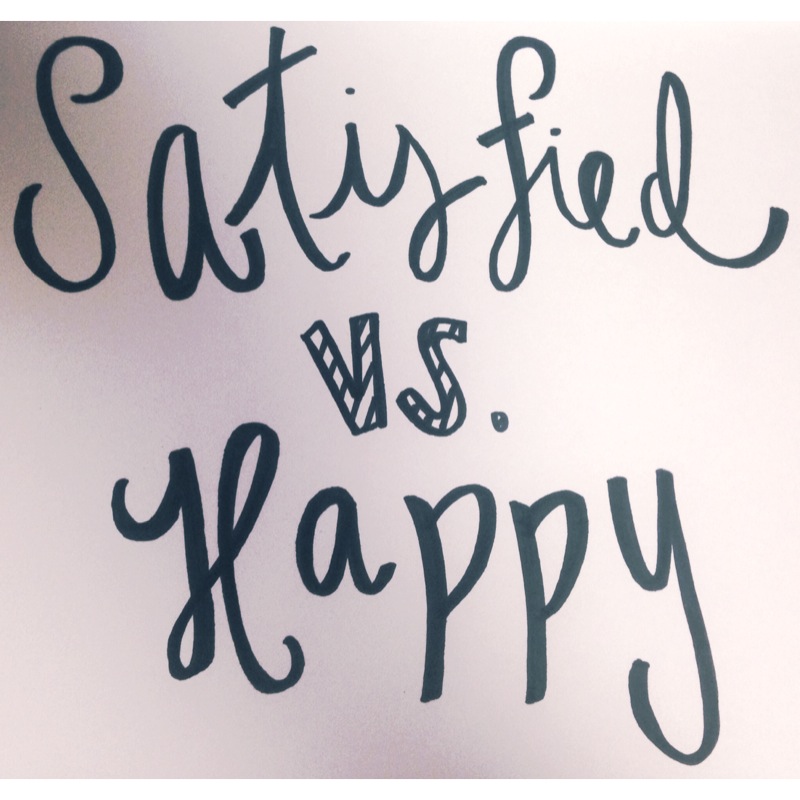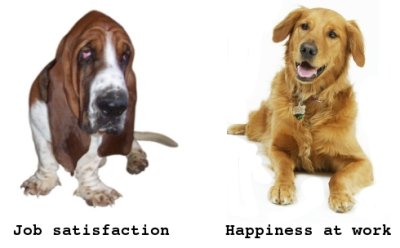Tag: Satisfaction
There’s more to the K/J vs L/R
From Volume 15, Issue 3:Knower/Judger vs Learner/Researcher: Part 2
Last month I used the terms “role” and “soul” to help clarify the difference between being in my K/J state and my L/R state. My “role” is the life script I’m executing, with all its goals and achievements that I can feel good or bad about hitting or not hitting. My “soul” are the untethered “think-out-of-the-box” parts of me that live in my thoughts and dreams… and sometimes run afoul of my role(s).
I’ve decided I want to be happy.
From Volume 13, Issue 1:I now realize that being angry, frustrated, sad, guilty, afraid, scared, annoyed, disappointed, discouraged, apathetic—the laundry list goes on—simply has not been good for my well-being. It can make me lash out at those who may or may not be responsible for these feelings. Generally it makes me very unapproachable… people walk wide circles around me.
Do you get what you deserve?
From Volume 11, Issue 8:Have you ever wondered, “What do I deserve?”
A happy discontent
From Volume 11, Issue 2:We’ve been down this discussion road before. The older I get the clearer I get when distinguishing between satisfaction and happiness.
Perhaps it’s just my definitions that help me feel clearer about the distinction, and that helps me make decisions day-to-day, minute-to-minute on what’s important—a version of interactive triage.
For those who’ve followed this line of thought in the past, you will recognize that I perceive satisfaction as the degree to which I’ve accomplished some goal I set out to accomplish.
Figuring Out What You Really Want
From Volume 9, Issue 6:With many of my clients, we get to an impasse when we try to figure out what they really want. The challenge with simply asking the question is that I almost always get a Knower/Judger, politically correct, react-rather-than-respond answer. And frequently the answer refers more to a need (which is K/J-based, egocentric, and satisfying) than a want (which is Learner/Researcher-based, present, and happiness-oriented). Here’s how I figure out what I want.
One Easy Way to Improve Employee Engagement
From Volume 9, Issue 6:Recently, several managers I work with have been concerned about how “engaged” their employees are in their work. I’ve long been bothered by the concept of employee engagement. Why is it a one-way street? Why is it only the employee’s engagement we measure (and everybody does…Gallup, AIAA, tons of others). I take a different view, and I believe that there is a way to improve not just your employees’ engagement, but your own.
Happy 2016?
From Volume 9, Issue 1:The cultural Knower/Judger rule, at least here in the Western world, is that we continually strive to close the gap between what we have or are, and what we want or want to be. The desire to close this gap is a motivator. It’s what will help you make a higher salary or annual income this year, hit your sales goals, and get the car, house, or clothes you want. But let’s face it. The driving force of the American Dream is a certain level of dissatisfaction and, quite naturally, unhappiness—until you get what you want. My question is this: do dissatisfaction and unhappiness have to go together?
Hunger Games
From Volume 8, Issue 3:Finding happiness can be easier than you think
“How on earth did you overcome a three-touchdown deficit with only seven minutes to play, coach?” the sportscaster asked. After a thoughtful moment, the coach replied, “I guess my guys just wanted it more.”
Why do we want what we want? How come some wants or desires are less motivating than others? It all comes down to whether we’re playing our own version of the hunger games, and playing for happiness rather than satisfaction.
Where Happiness Comes From
From Volume 6, Issue 11:“Happy, yes. Satisfied, no. There is a difference. I’m just not letting the latter sully the former.”
~Dennis Martin, rally driver, husband, and father
That lead in an e-mail Dennis sent me got me thinking about the functional difference between being happy and being satisfied. I had noted that when we last met at a rally in the Upper Peninsula of Michigan, he’d seemed happy. I was right, but I would have been wrong to assume that he was satisfied. What’s the connection between the two, and what can we learn by separating them?

